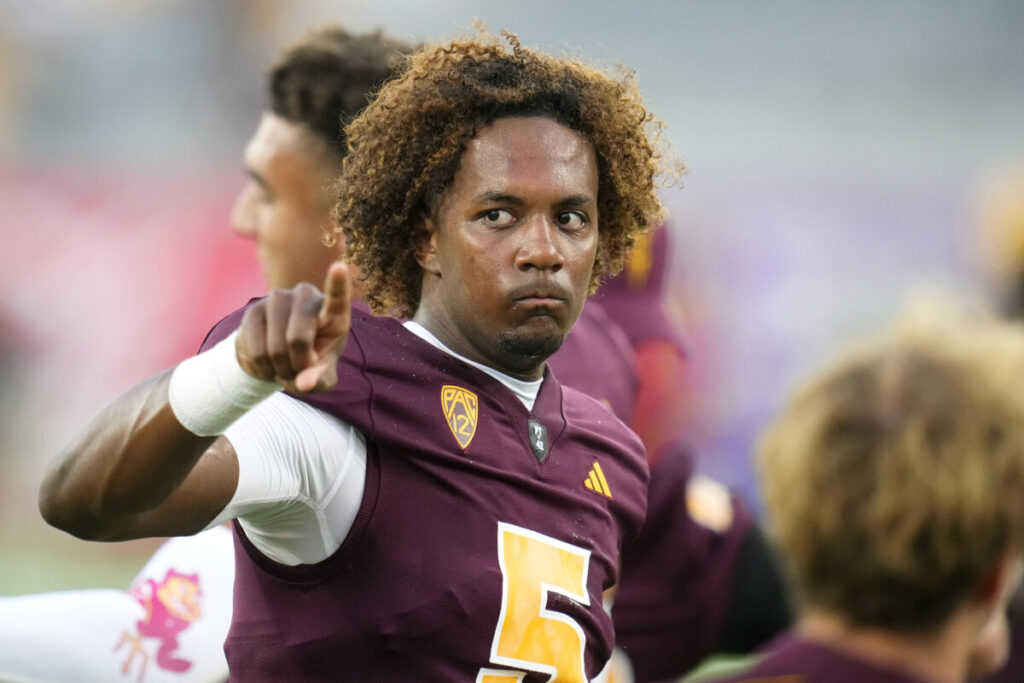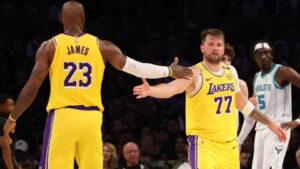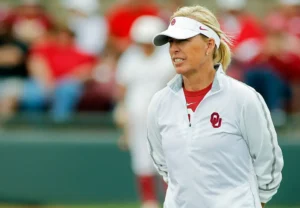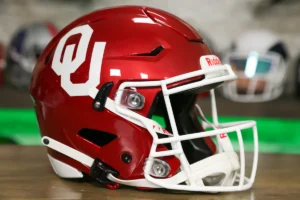
Arizona State quarterback Jaden Rashada points to a teammate prior to an NCAA college football game against Southern Utah Thursday, Aug. 31, 2023, in Tempe, Ariz. (AP Photo/Ross D. Franklin)
LAWSUIT BY GEORGIA QB SET TO DISRUPT NIL COLLECTIVES
University of Georgia quarterback Jaden Rashada has filed a lawsuit in a Florida federal court against University of Florida head football coach Billy Napier and wealthy UF booster Hugh Hathcock. Rashada alleges they fraudulently induced him to forgo a $9.5 million NIL deal with the University of Miami by promising him $13.85 million to attend UF.
This case could set a significant precedent in the unregulated realm of NIL collectives, where boosters agree to pay recruits for their commitment to a college. Although these payments are supposed to be in exchange for the commercial use of athletes’ names, images, and likenesses, many deals seem more like signing bonuses or pay-to-play contracts.
In the case Rashada v. Hathcock et al., Rashada aims to hold those associated with an NIL collective accountable for an alleged bait-and-switch. Represented by prominent sports litigator Rusty Hardin, Rashada’s complaint also names Marcus Castro-Walker, UF’s director of player engagement and NIL, and Velocity Automotive Solutions, a company owned by Hathcock, as defendants.
A five-star quarterback and 2022 graduate of Pittsburg (Calif.) High School with a 4.0 GPA, Rashada was recruited by several elite programs, including LSU, Oregon, and Texas A&M. According to his complaint, Hathcock and Gator Collective CEO Edward Rojas aggressively pursued him with promises of wealth, including a four-year deal worth $13.85 million—42% more than the Miami deal. The complaint states that $5.35 million would come from Hathcock’s company, Velocity Automotive, with a $500,000 signing bonus, while the remainder would be paid by Gator Guard, described as Hathcock’s NIL collective.
Rashada’s complaint includes purported text messages to support his allegations, showing aggressive recruitment tactics and promises of significant financial rewards. Despite these promises, the payments never materialized after Rashada committed to UF. When the initial $500,000 signing bonus was not paid by the December 5, 2022, due date, Rashada received a letter from Gator Collective terminating the $13.85 million NIL contract. He then withdrew his commitment to UF and later enrolled at Arizona State University for his freshman season before transferring to Georgia. His complaint notes that neither ASU nor UGA made any NIL promises.
Rashada’s lawsuit includes claims of fraudulent misrepresentation, fraudulent inducement, aiding and abetting fraud, conspiracy, negligent misrepresentation, and tortious interference. He seeks damages for his lost Miami deal and other potential NIL opportunities, as well as unspecified punitive damages to deter similar conduct in the future.
The defendants will soon respond to the complaint, likely denying any wrongdoing and arguing that no enforceable deal was in place or that Rashada breached contract terms. They may also contend that Rashada was represented by agents, countering claims that UF took advantage of him.
This case underscores the need for more regulation and oversight in NIL agreements. The NCAA’s reluctance to police NIL due to antitrust concerns has created a regulatory vacuum, leaving athletes vulnerable. As the NCAA navigates the House v. NCAA settlement, it may need to find ways to create a more structured and fair system for NIL deals.





